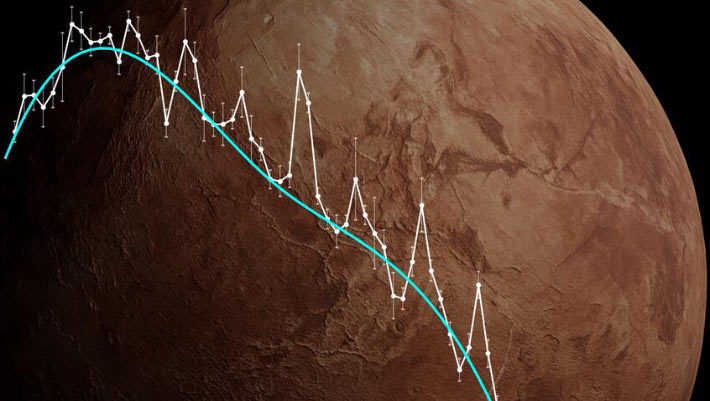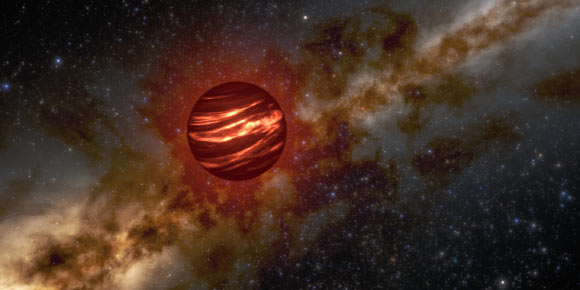Now Reading: Webb Telescope Detects Methane on Dwarf Planet Makemake
-
01
Webb Telescope Detects Methane on Dwarf Planet Makemake
Webb Telescope Detects Methane on Dwarf Planet Makemake

Quick Summary
- Astronomers using the NASA/ESA/CSA James Webb Space Telescope have discovered gaseous methane on the dwarf planet Makemake.
- Makemake is located beyond Neptune and is the second trans-Neptunian object, after Pluto, where gas presence has been confirmed.
- Originally thought to lack a global atmosphere, data suggests Makemake has localized volatile activity such as cometary-like sublimation or cryovolcanic plumes.
- Methane emission is interpreted as solar-excited fluorescence from molecules above its surface, indicating possible surface-atmosphere exchanges.
- The dwarf planet’s gas temperature is estimated around 40 K (-233°C) with an extremely tenuous surface pressure of 10 picobars.
- Models suggest methane could be released at rates up to hundreds of kilograms per second in plume-like outbursts or sustained by sublimation akin to Pluto’s atmosphere.
!Image showing Webb observations detecting methane gas on Makemake
Indian Opinion Analysis
The finding of gaseous methane on Makemake offers significant insights into outer Solar System dynamics. With similar features observed in Pluto, this challenges previous assumptions about dwarf planets being entirely dormant icy bodies. Scientifically, it deepens understanding of atmospheric processes in extreme conditions – temperatures near -233°C and pressures far below Earth’s levels.
For India, this breakthrough could inspire greater participation in space exploration and collaborative research within international missions like NASA’s or ESA’s. Pursuing advancements in telescopic technology for planetary studies may enhance Indian scientific capabilities while exploring partnerships around enterprising projects like the James Webb Telescope. As India builds its space program footprint through ventures like Chandrayaan and Aditya-L1 missions,discoveries such as these underline how cooperative global efforts can broaden knowledge about unexplored regions of our cosmos.




























